As an author, having a big movie studio make a film version of a book I wrote kind of seems like a dream. The general thinking is that, even if the movie is terrible, it will still make millions of people aware of your books, and, if even a small fraction of those people buy a copy, that’s certainly not a bad thing.
These 11 authors, though, definitely don’t agree.
#11. Clive Cussler – Sahara

Photo Credit: AV Club
Clive Cussler’s tales featuring Dirk Pitt have a cult following. Dirk Pitt movies don’t, especially 2005’s Sahara, starring Matthew McConaughey and Penélope Cruz.
In fact, it was a certified flop: the $145 million production made just $68 million at the box office. Cussler said it was because the producer failed to give him total script control as agreed upon, so the author sued for $38 million. He lost. In fact, Cussler was ordered to pay $13.9 million for legal fees incurred by the Sahara production company.
Though that order was overturned in 2010, it’s safe to say that Cussler probably won’t be pursuing that relationship again.
#10. Roald Dahl – Willy Wonka & the Chocolate Factory
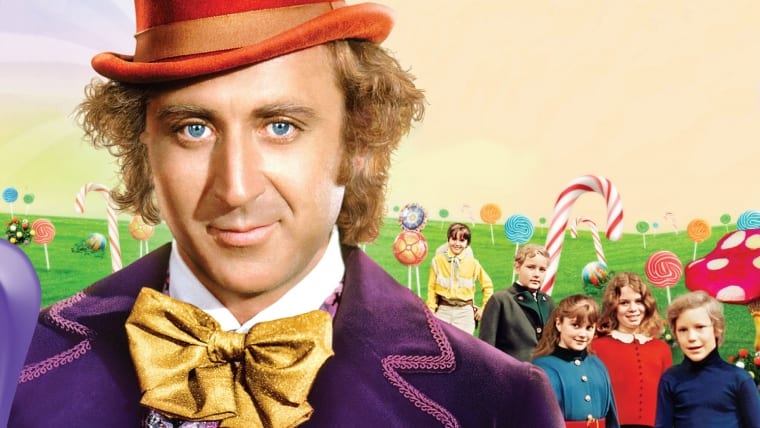
Photo Credit: Relix.com
Ever wonder why Charlie and the Great Glass Elevator hasn’t followed in the silver screen footsteps of its predecessor, Charlie and the Chocolate Factory? Because Roald Dahl felt the movie version of his book was “crummy,” found Gene Wilder’s Willy Wonka to be “pretentious” and “bouncy,” and thought the director had “no talent or flair.”
He vowed that film producers would never get their hands on the sequel to similarly ruin it, at least not in his lifetime.
#9. J.D. Salinger – My Foolish Heart
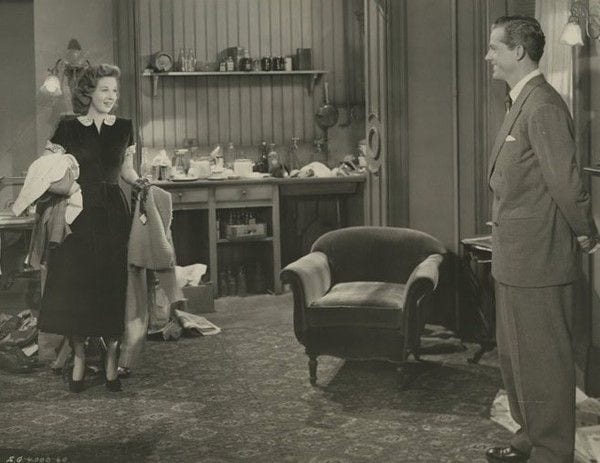
Photo Credit: Blogspot
There’s a reason no one has ever seen a big-screen version of Catcher in the Rye or Franny and Zooey.
In the late 1940s, J.D. Salinger consented to have his short story Uncle Wiggily in Connecticut made into a movie retitled My Foolish Heart.
He was so mortified by the swooning love story that he swore his works would never be butchered again.
#8. Stephen King – The Shining
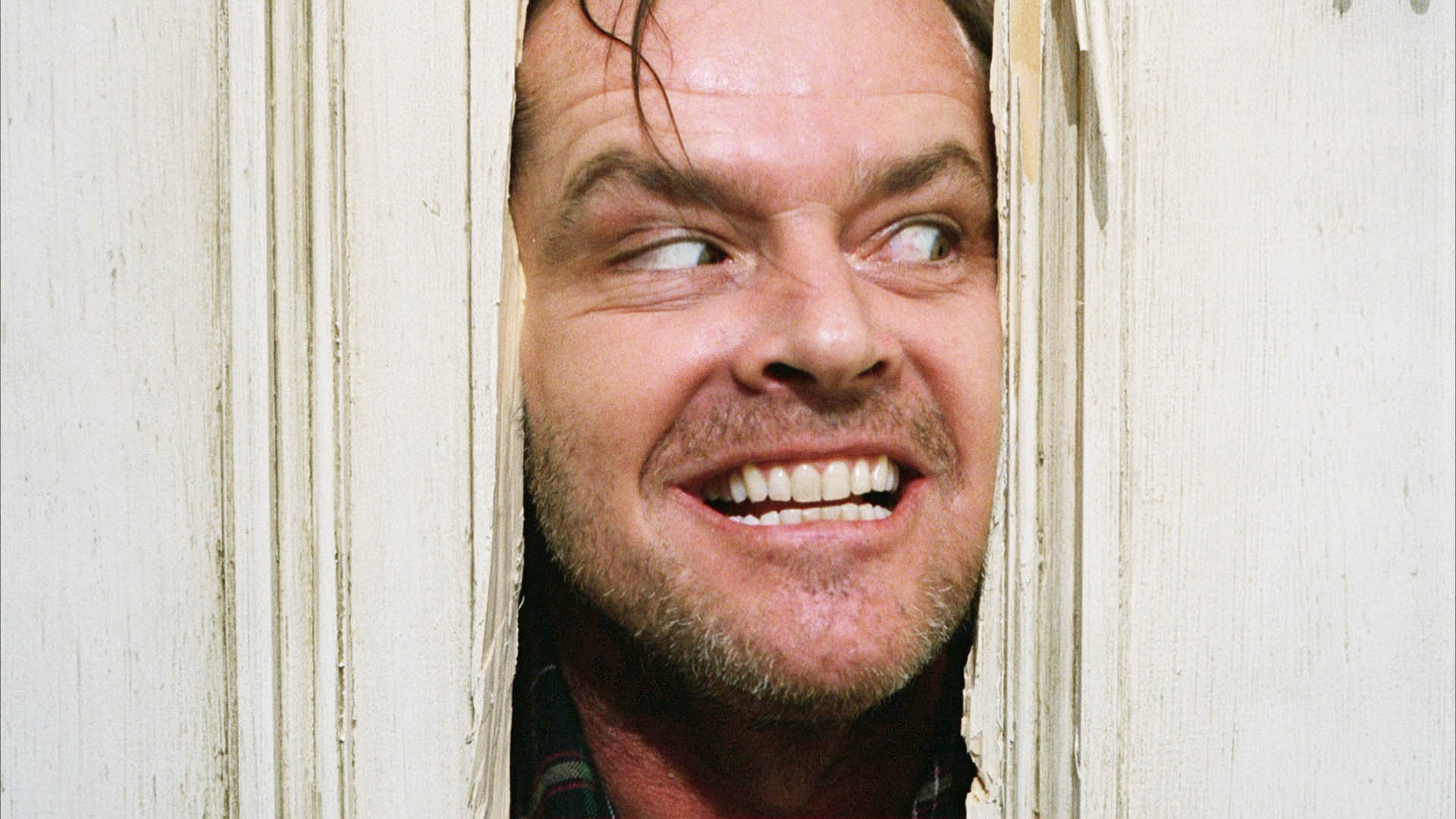
Photo Credit: The Indie Pendent
Though movie buffs were in love with Kubrick’s take on The Shining, Stephen King had no trouble expressing his displeasure. “I’d admired Kubrick for a long time and had great expectations for the project, but I was deeply disappointed in the end result. Kubrick just couldn’t grasp the sheer inhuman evil of The Overlook Hotel. So he looked, instead, for evil in the characters and made the film into a domestic tragedy with only vaguely supernatural overtones. That was the basic flaw: because he couldn’t believe, he couldn’t make the film believable to others.”
King was also unhappy with Jack Nicholson’s performance – King wanted it to be clear that Jack Torrance wasn’t crazy until he got to the hotel and felt that Nicholson made the character crazy from the start.
King recently described the movie as “a big, beautiful Cadillac with no engine inside it.”
Ouch.
#7. Winston Groom – Forrest Gump
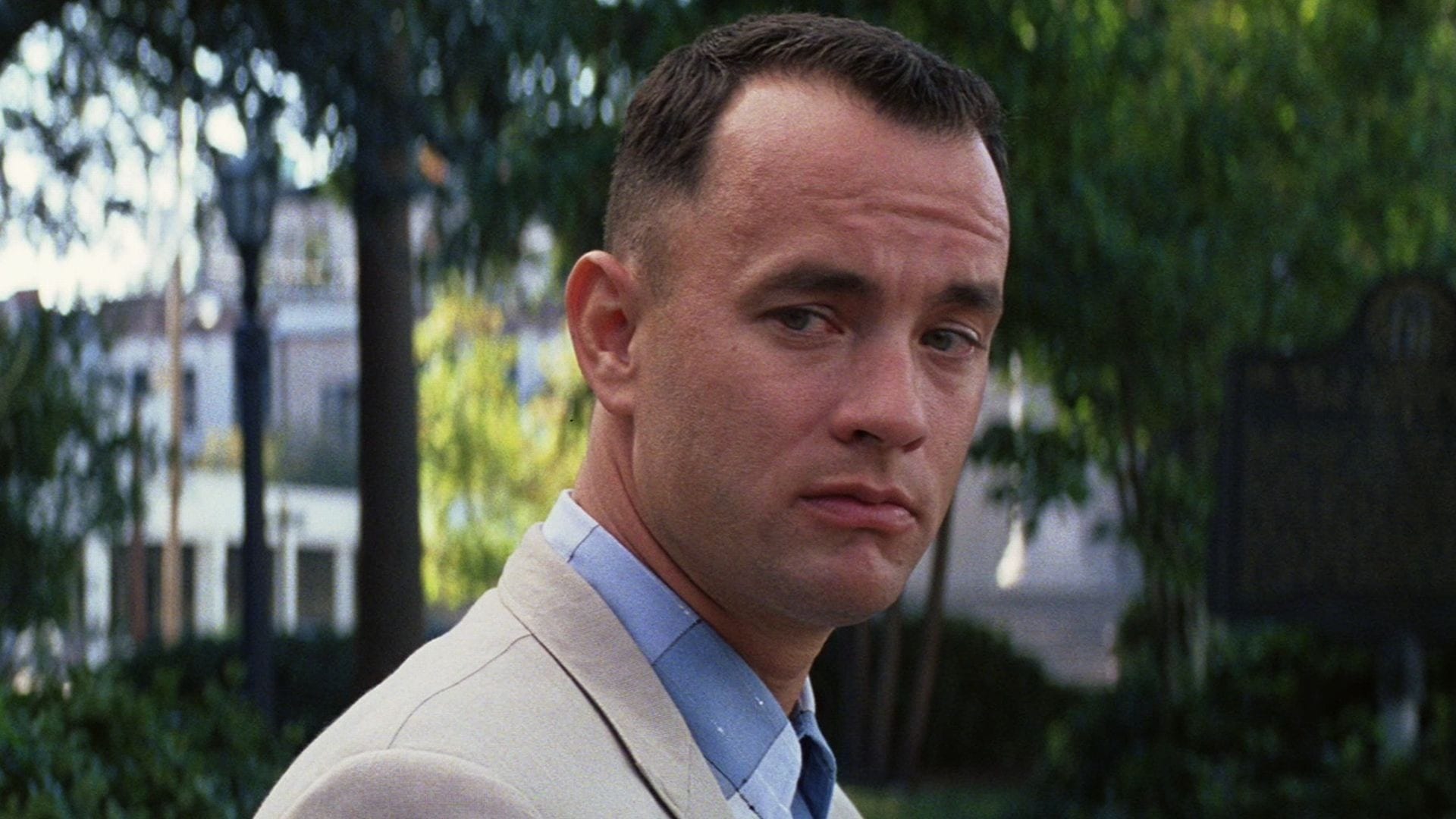
Photo Credit: Wikia
Note to filmmakers: don’t anger the author of the book before the sequel has been written. Unhappy with the way Hollywood treated Forrest Gump by omitting plot points and sanitizing some of the language and sex, author Winston Groom started its sequel with the lines, “Don’t never let nobody make a movie of your life’s story,” and “Whether they get it right or wrong, it don’t matter.”
You can’t blame Groom for being mad: he sued for the 3% net profits his contract promised him, which he hadn’t received because producers claimed that by the time they took out production costs and advertising and promotional costs, the movie didn’t turn a profit.
To add insult to injury, Groom wasn’t mentioned in any of the six Academy Award acceptance speeches given by various cast and crew members of Forrest Gump.
#6. Ken Kesey – One Flew Over the Cuckoo’s Nest
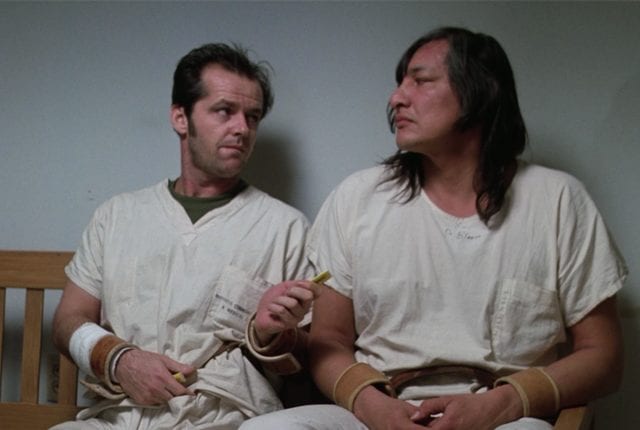
Photo Credit: MentalFloss
Despite the fact that One Flew Over the Cuckoo’s Nest swept the Academy Awards – it won Best Picture, Best Director, Best Actor, Best Actress and Best Screenplay – author Ken Kesey was not impressed. He was originally slated to help with the production, but left two weeks into the process.
Though he claimed for a long time that he didn’t even watch it and was especially upset that they didn’t keep the viewpoint of Chief Bromden, his wife later said that he was glad the movie was made.






